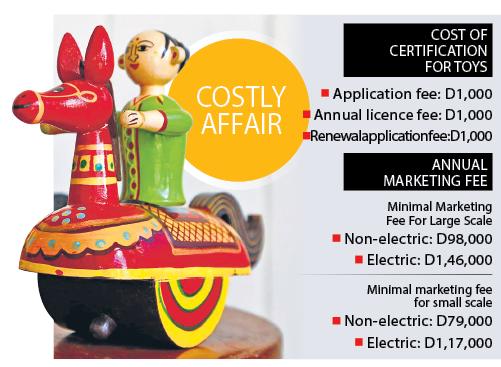EPR Certificates: The Green Passport for Eco-Conscious Businesses
EPR Certificates: The Green Passport for Eco-Conscious Businesses
In today’s world, environmental concerns are becoming more and more prominent. It has become imperative for businesses to take interest in green initiatives – to protect the environment and also to meet sustainability goals. An Extended Producer Responsibility (EPR) certificate is a step in the right direction for an eco-conscious business. In this blog, we will look at EPR certificates, the benefits of obtaining them, and why businesses should aim to get their hands on them.
What is an EPR certificate?
An EPR certificate is a certification that identifies a business as being environmentally responsible concerning their product lifecycle. It is granted to businesses that have met a set of environmental performance criteria, including compliance with eco-friendly disposal, recycling, and waste reduction policies. EPR certificates are issued by recognized and accredited regulatory bodies, including environmental agencies, trade associations, and third-party groups that are dedicated to promoting sustainability and environmental accountability in business.
What are the benefits of obtaining an EPR certificate?
EPR certificates offer numerous benefits to businesses that have prioritized sustainability and want to stand out among their peers. These benefits include:
1. Environmental protection: EPR certificates help businesses to reduce their carbon footprint by promoting sustainability practices that protect the environment. This provides businesses with more tangible ways of measuring their environmental impact, thus, motivating them to operate with care for their products’ full lifecycle.
2. Cost savings: Adopting sustainable environmental practices ultimately results in cost savings due to optimizing resource usage and waste reduction. EPR certificates also reduce the cost of fines, permits, and environmental assessments, making it easier for businesses to invest in initiatives that are geared towards reducing their environmental impact.
3. Brand reputation: For businesses, obtaining an EPR certification is a sign of their deep commitment to sustainability and environmental responsibility, which in turn strengthens their brand reputation among stakeholders- employees, customers and investors. The EPR mark enables businesses to demonstrate their commitment to corporate social responsibility (CSR) by providing credible recognition that they have implemented sustainable production and waste management practices.
Why should businesses aim to get an EPR Certificate?
Obtaining EPR certification is an excellent way for businesses to demonstrate their commitment to sustainability, environmental responsibility, and corporate social responsibility. It is an indicator of the company’s environmental performance, giving stakeholders confidence that the business is doing its part in protecting the environment. The benefits of EPR certificates are extensive and marketable, and having one can lead to competitive advantage and enhanced business reputation. It can also be invaluable in expanding the company’s market share and building collaborations with larger partner organizations with similar sustainable goals.
Conclusion
EPR certificates are essential green passports for eco-conscious businesses that want to meet sustainability goals and promote responsible environmental conduct through their product’s lifecycle. By obtaining an EPR certificate, businesses can demonstrate their commitment to sustainability, reduce costs, gain a competitive advantage, and improve their brand reputation. As we move forward towards a future that prioritizes sustainability, EPR certificates will become more crucial in achieving environmental responsibility goals. It is time for businesses to join the movement towards creating a more sustainable future by obtaining EPR certifications- their green passport to sustainability.



